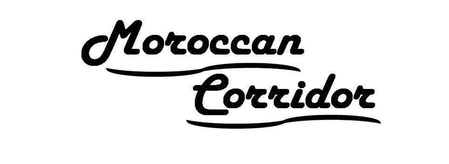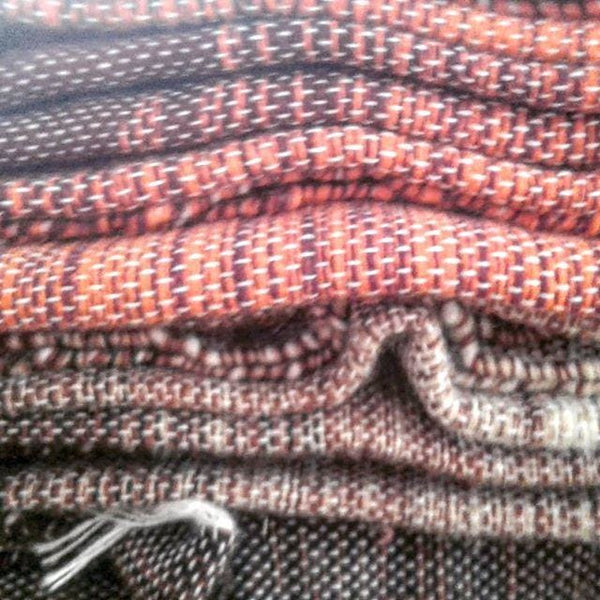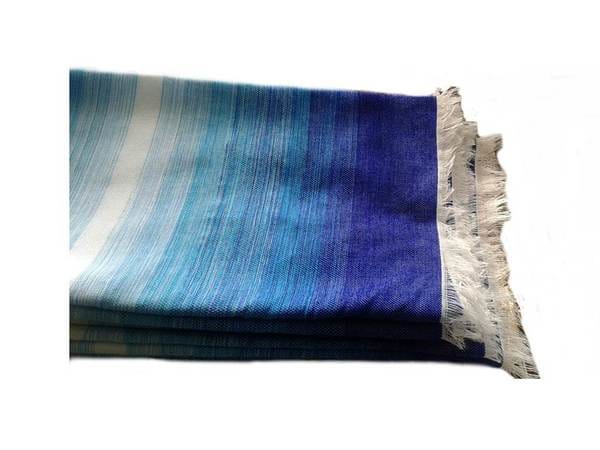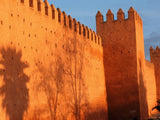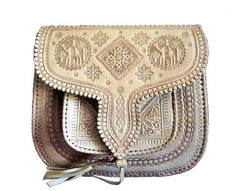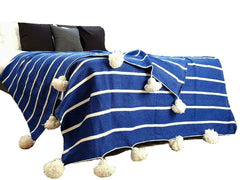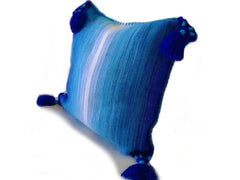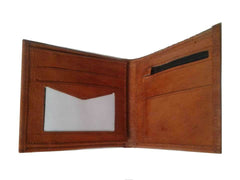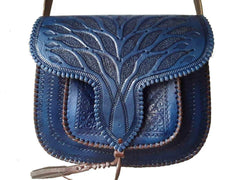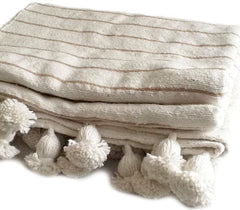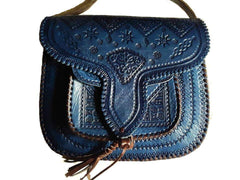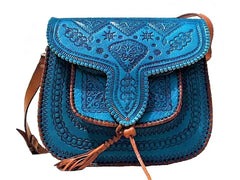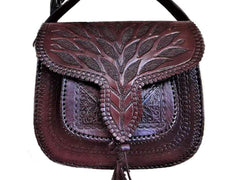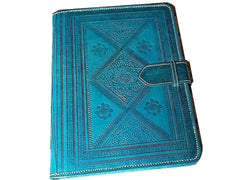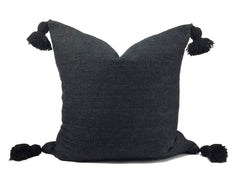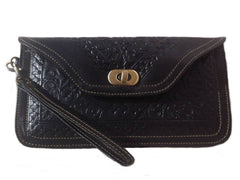While the tradition behind the Moroccan Handwoven Blankets can seem archaic to a lot of westerners, they have a rich history, and look great in your home.
Table of Contents
I- Moroccan Blankets: Making Process
II - Blankets from Chefchaouen - Colorful Wool Blankets
III - Berber Blankets by Weavers of the Atlas
IV- Cactus Silk / Sabra Moroccan Blankets
I- Moroccan Blankets: Making Process
For centuries Moroccan culture has revered the loom, regarding it to be imbued with a sense of divine presence, charisma and wisdom. Known as ‘baraka, they believe that this is transmitted from the loom to the weaver, the woollen textiles he/she weaves and finally to the user.
This fabulous blankets are designed and woven by hand in workshops in Chefchaouen and Rif Mountains, Jbala regions, Atlas Mountains, Marrakech, , ... by woman from rural areas, providing them with a valuable source of income.
Craftswomen first source high quality, hand spun wool that has been harvested from indigenous sheep and sold daily in the souks. It is then taken to the dyers souk where it is hand dyed using traditional methods.
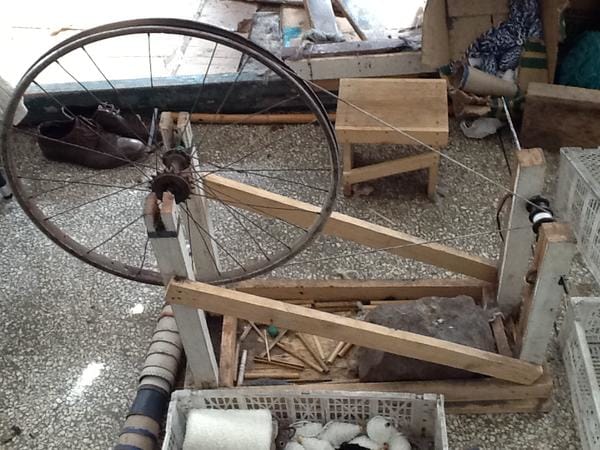
Once the wool has dried in the sun it is brought to workshops where artisans hand weave stunning blankets on wooden looms, some taking almost more than a day to finish.
Blankets are hand woven on looms made out of wood, using traditional methods in existence for centuries, skills that have been passed down from generation to generation.

Today, some of the Home Decor designers are inspired by the deep creative spirit designs and fabric of this type of hand-woven fabric, their attractive forms, dominated by the natural color of wool and cotton, as well as their adaptability to modern designs with bold colors that match the furniture.
Each region in Morocco has its own "blankets". Designs and colors varies from region to region, but still the handmade weaving is the common point of all.
II - Blankets from Chefchaouen - Colorful Wool Blankets
Chefchaouen is a city in northwest Morocco. It is the chief town of the province of the same name, and is noted for its buildings in shades of blue.

Read also: About Chefchaouen
Chefchaouen is famous for its woven rugs and blankets in bright primary colors. Chefchaouen's native handicrafts - wool garments and woven blankets - are not available anywhere else in Morocco.
Previously silk was the material of choice: the mulberry trees in Uta el-Hammam square are a legacy of these times. Most of the weaving nowadays is with wool, one of the area's biggest products.
The city is known for its colorful weaving, particularly the blue, white, and red-striped Riffi blankets, which are worn by most rural women in the Rif.
II-I Wool Striped Blankets
The most popular is the "Blue Sky" blanket - the kind with multiple shades of blue. The mixture of wool and polyester makes it a nice blanket for spring and fall or for the summer.
With their bold and vibrant colors, this blankets look absolutely wonderful. They can be the centerpiece of any room, either as a bedspread or as a throw on the sofa and armchair. They can also be used as a picnic rug or as a camping blanket.
Wonderful colorful pillows and cushion covers from the same material are available to complete your bed cover set. They can be draped anywhere and can be used on a bed, sofa of as a floor pillows. They are also fantastic housewarming and birthday gifts as they go with almost any existing decoration style.
II-II Wool Embroidered Blankets
Weavers of Chefchaouen excel in making cover with medallion-shaped embroidery in the middle and in the corners, always in strong colors matching with the spirit of the region.
II-III Mendil, from the Jbala Region
With its red and white stripes, the Mendil completes the outfit traditional dress of women in the Jbla Region: Mendil is always worn by the woman both inside and outside her home. Considered a masterpiece of rural weaving, this product of traditional craftsmanship, which has seen improvements in recent years continues to make the reputation of the eight rural communes that account this province.
The Mendil is made from wool or cotton and is distinguished by its large stripes.
The rural woman is aware of the great historical and artistic value of the Mendil. She has thus contributed to the development of this product which has become multicolored but still keeps its red and white stripes. This weaving product come now in different measurements and it is used as tablecloths, bedspreads, etc.,
It's up to you to maintain the use of a blanket / bedspread 1 person, unless you put on a sofa that fits perfectly in the current trend with its ethnic side, stripped but very graphic!
Read also: Mendil, masterpiece of weaving in the Jbala region
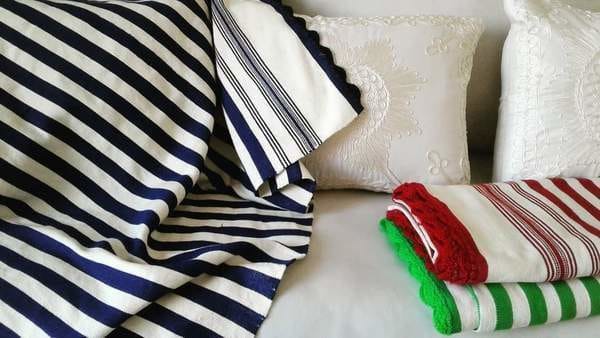

The Mendil is also used as table cover. It offers protection and elegance. Whether you’re looking for a protective cover or something to add a little color to your space, the Mendil is the perfect table covers for you.
III - Berber Blankets by Weavers of the Atlas
III-I Pom Pom Blankets
This Gorgeous Wool or Cotton Pom Pom Blankets are made by Berber Weavers of the Atlas Mountain Region of Morocco.
Hand woven from handspun cotton or wool finished with extra large Pom Poms sewn along 2 sides of the blankets. Made in traditional Moroccan style these bankets are warm and contain natural variations adding to the already chic aesthetic.
Slightly coarse in texture, the blanket softens with dry cleaning and age.
The Moroccan cotton/wool blanket with pom poms can be used as a bed covering, folded at the base of a bed or draped over a piece of furniture to inject a sense of global style into any space.
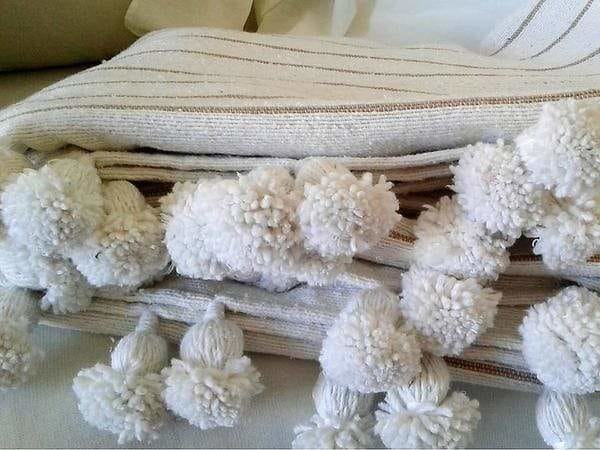

Pom Pom blankets are either striped or simples:
III-II Moroccan Wedding Blankets
Moroccan wedding blankets are gorgeous handwoven blankets made by the Berber tribes in Morocco. Culturally their made in anticipation of a wedding by the bride’s family. A true labor of love, several hundred sparkling sequins are attached to the woven blanket in hours and hours of work.
The fabric and weaving of the Moroccan wedding blanket is one of the traditional Berber heritage traditions. It has a rich artistic character derived from the richness of the Moroccan civilization. This cotton and woolen blanket is known as the Moroccan wedding dress.
The fabric of this blanket is characterized by several ribbons, each of which is decorated with a different bead or decorated with some type of accessory. Some of the straps also have cotton threads that are tarnished by this nomadic feeling, which is similar to the desert tents.
III-III Kilim Blankets - Blankets with Bohemian Design
Originally, the roots of the kilim rug go back to the nomadic people of the Middle East. They served and still serve the nomads not necessarily as rugs, but rather as blankets, saddle blankets, seat mats or wall decorations. It is believed that the first carpets in history, several hundred years before Christ, corresponded in many ways to today's kilim carpets.
The Kelim represents both the memory and the identity of sedentary, nomadic and semi-nomadic peoples who weave them. Each tribe and each village has its own style: shimmering or sober colors, complex or refined decorations depending on the region. Their motifs are a form of symbolic writing inherited from ancient shamanistic beliefs.
The carpet patterns are geometric, the tones are ethnic and the texture is fine. Their rendering is more flexible and lighter.
Originally, the kilim served as cover and protect the ground of mosques and yurts. Nowadays, it can be used on the floor, on the walls, thrown out of sofa, headboard or curtains.
Kilim is also present in the weaving trade in North Africa. The kilim of North Africa is composed of parallel strips of various colors. Traditionally, it was used to cover camel litters or to separate tents. It is now used to cover the floor as wall decoration. Traditional kilims use simple geometric patterns: triangle and rhombus in multiple colors.
From the Ifrane region, "the little Switzerland" of the Middle Atlas, we selected these blankets in natural wool embroidered with black patterns placed in the center of the blanket. Flexible and hot, that's what it takes to face the rigor of winters in the mountains ...
IV- Cactus Silk / Sabra Moroccan Blankets
Sabra is a fabric made of vegetable fibers, it is the reason why it is also called vegetable silk or cactus silk, when the fibers comes from Agave or Aloe vera.
The fibers extracted from the agave, a type of cactus native to Mexico and widely cultivated in Morocco, have an aesthetic very similar to silk produced using traditional sericulture techniques. But the advantage of this alternative is that it avoids the breeding of silkworms.
For Moroccan handicraft, Sabra, vegetable silk is used for many products: for weaving, textiles, floor mats, cushions, bolsters and also bedspreads & canapés throws ...


Handwoven textiles (Blankets, Rugs and Carpets) are a product of the culture and beautiful tradition present in Morocco. They reflect beauty, passion and power of collaboration. They also speak of elegance and class as these blankets are now a sensation in different parts of the world and are having a huge moment in home decor.
